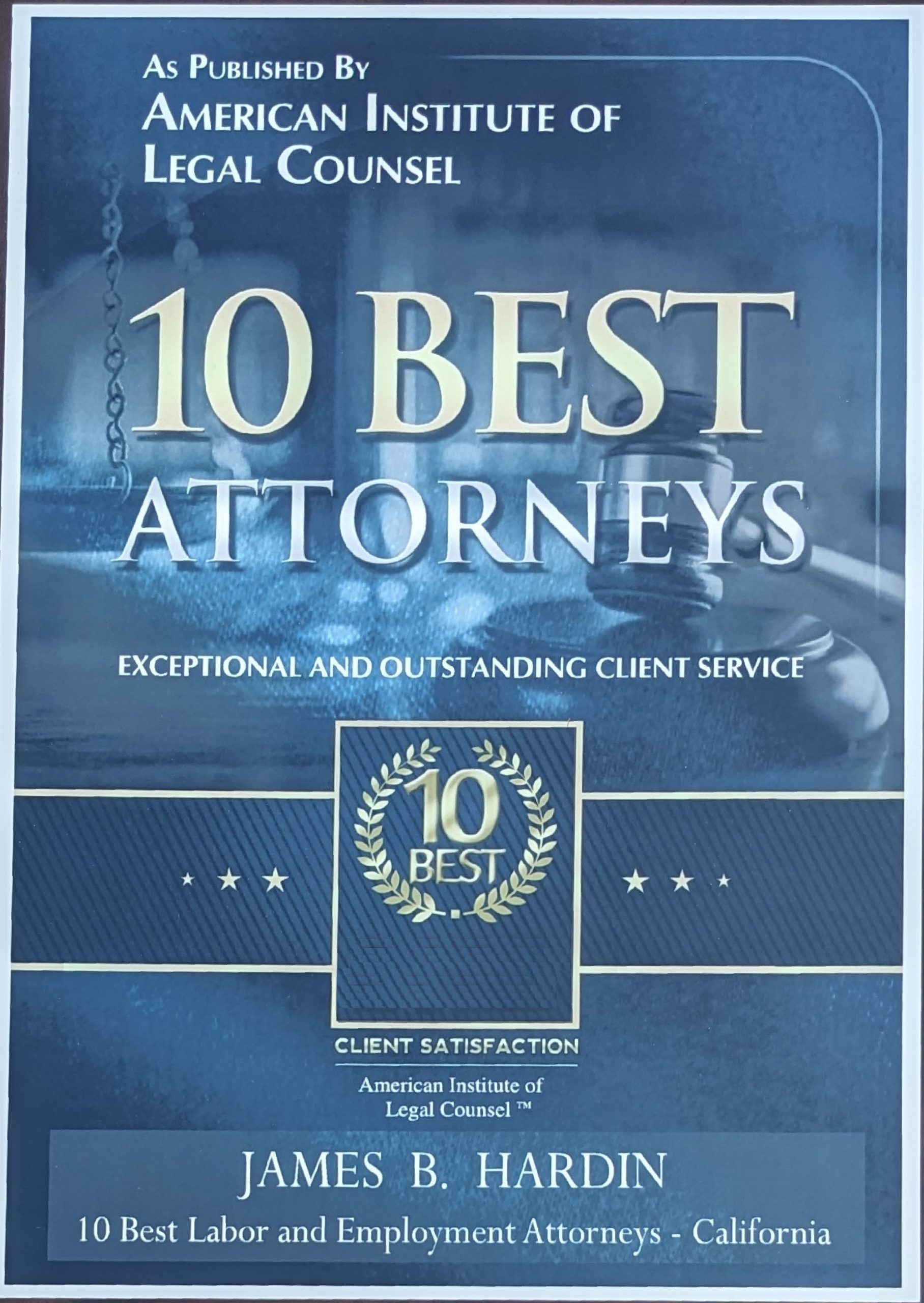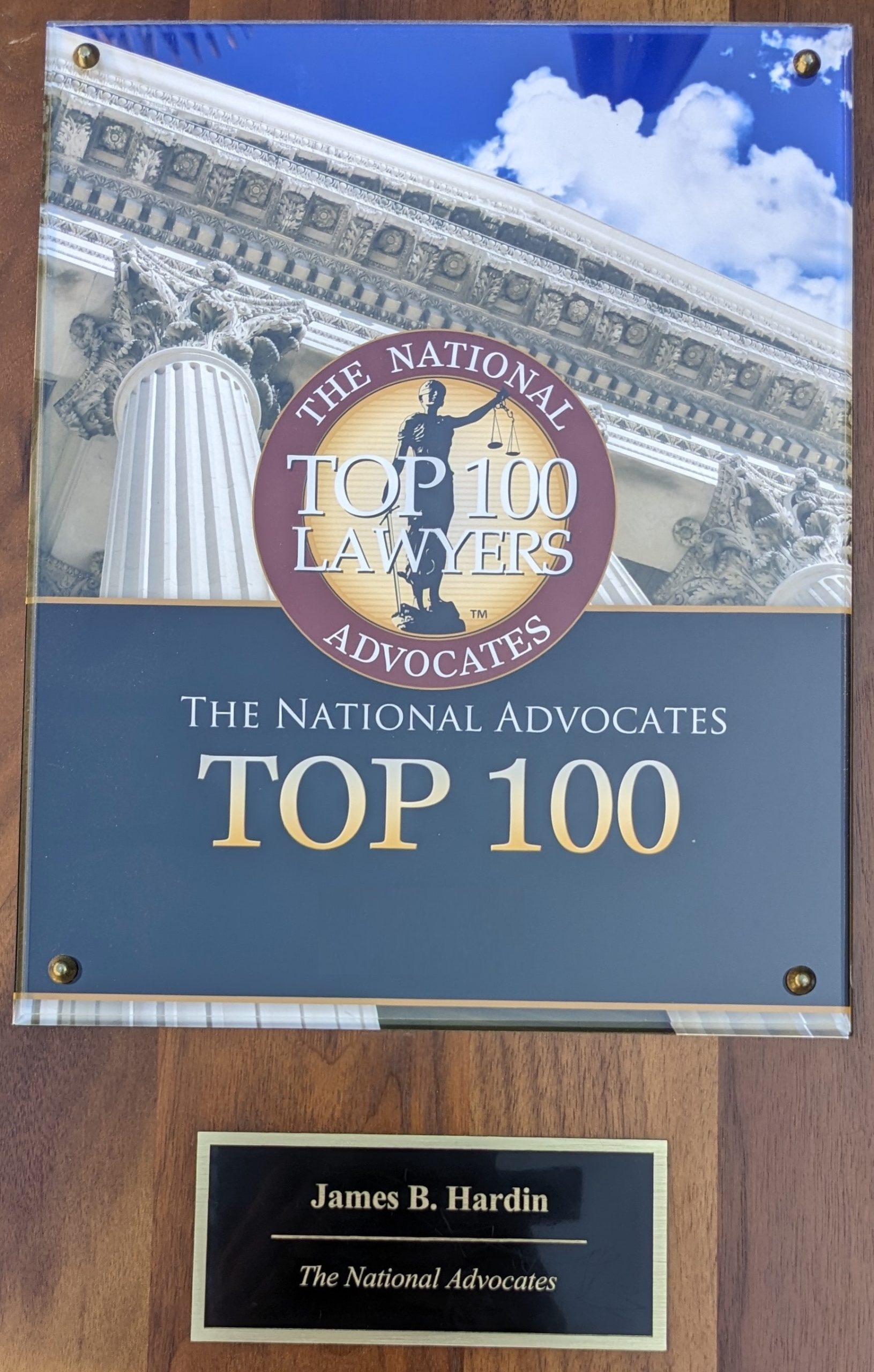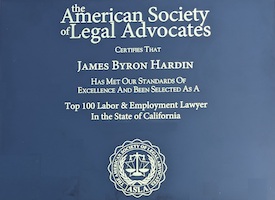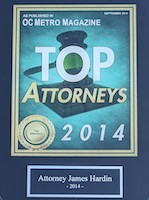Can You Obtain Compensation for Travel Time and Security Checks from a California Employer?
In California, certain construction employees are entitled to at least minimum wage compensation for “hours worked” under the Industrial Welfare Commission (IWC) Wage Order Number 16. The IWC also provides for compensation for “employer-mandated travel.” However, these definitions are not always clear-cut. For example, employees in the construction, drilling, logging, and mining industries often spend time packing and transporting equipment or waiting to pass a security check. Despite the importance of these steps, some employers may attempt to avoid paying their employees for this time. A recent California Supreme Court decision examined “employer-mandated travel” and “hours worked” when the employee is not actively performing labor for the employer.
The Facts
According to the Ninth Circuit opinion, a subcontractor hired the plaintiff to assist a construction company. Before entering and exiting the construction site, all employees had to wait in a long line to undergo security checks, which sometimes caused delays of over 30 minutes. The plaintiff was not paid for this time. After the security check, the employee had to wait for a biologist to clear the employee parking lot of endangered species before he could park. He also was not paid for this time. Finally, the local union’s collective bargaining agreement provided for an unpaid meal break in which employees could not leave the worksite. The plaintiff filed a wage and hour class action in state court against the construction company seeking payment for the unpaid hours worked. The company moved the case to federal district court, which granted the plaintiff’s request for class certification. The court also granted the company’s motions for summary judgment, which defeated the plaintiff’s claims. The plaintiff appealed to the Ninth Circuit. However, because the case involved state law, the Ninth Circuit certified three legal questions to the California Supreme Court: (1) Is time spent on an employer’s premises waiting for vehicle inspection and exiting the security gate “hours worked”?; (2) Is time spent on an employer’s premises driving from the security gate to the parking lots “hours worked” or “employer-mandated travel”?; and (3) Are unpaid meal periods in which employees cannot leave the worksite considered “hours worked”?
The Court’s Opinion
On issue (1), the court found the time to constitute “hours worked” under the IWC. Employees had no choice but to undergo the security check. They also had to perform specific tasks during the security check, such as rolling down their windows and submitting to an inspection. Citing relevant case law, the court found that the company subjected the plaintiff to its control while awaiting the security check even though the plaintiff was in his personal vehicle. Therefore, the check constituted “hours worked.”
On issue (2), the court found that the driving time was not “hours worked” but instead constituted “employer-mandated travel.” Specifically, it held that an employee performs “employer-mandated travel” under the IWC when the employer requires the employee to remain at a certain location for an employment-related reason other than the practical necessity of reaching the worksite, such as commuting. The travel must occur at the employer’s direction from the first employer-mandated location to the second. Here, the court found the record insufficient to determine whether the security gate constituted a first location within the meaning of the IWC. However, the travel time was not “hours worked” under the IWC. Though the travel restricted the plaintiff’s freedom of action, it did not amount to a level of control sufficient to constitute “hours worked.”
Finally, on issue (3), the court answered that an unpaid meal break would constitute “hours worked” if the employer prohibits the employee from leaving the worksite in a way that prohibits the employee from engaging in personal life activities. This rule applies even if a collective bargaining agreement explicitly states that the meal break is unpaid. However, in this case, the court found insufficient information in the evidentiary record to determine whether the construction company’s restrictions on employees from leaving the worksite prevented the employees from engaging in personal activities.
If you are seeking compensation for unpaid travel or meal time, contact the Hardin Law Group to learn more.





















